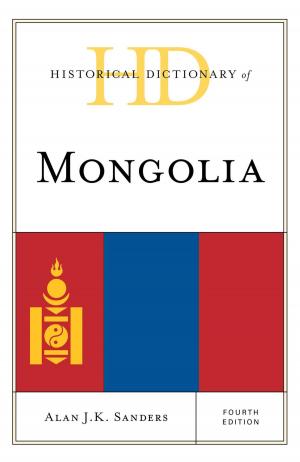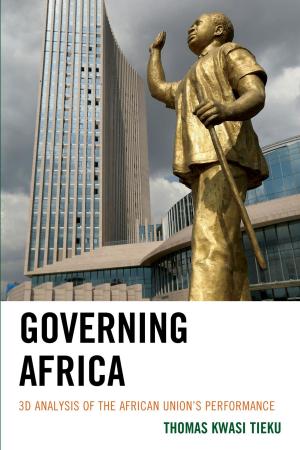| Author: | ISBN: | 9781461666448 | |
| Publisher: | Rowman & Littlefield Publishers | Publication: | October 1, 2003 |
| Imprint: | Rowman & Littlefield Publishers | Language: | English |
| Author: | |
| ISBN: | 9781461666448 |
| Publisher: | Rowman & Littlefield Publishers |
| Publication: | October 1, 2003 |
| Imprint: | Rowman & Littlefield Publishers |
| Language: | English |
The Human Tradition in Modern Brazil makes the last two centuries of Brazilian history come alive through the stories of mostly non-elite individuals. The pieces in this lively collection address how people experienced historical continuities and changes by exploring how they related to the rise of Brazilian national identity and the emergence of a national state. By including a broad array of historical actors from different regions, ethnicities, occupations, races, genders, and eras, The Human Tradition in Modern Brazil brings a human dimension to major economic, political, cultural, and social transitions. While many books on modern Brazilian history emphasize the growth of the state and the oscillations of nationalist sentiment by generalizing about groups of undifferentiated people such as slaves, industrial workers, army officers, Indians, and clerics, The Human Tradition in Modern Brazil brings a personal perspective to broad historical events and trends. Because these perspectives do not always fit with the generalizations made about the predominant attitudes, values, and beliefs of different groups, they bring a welcomed complexity to the understanding of Brazilian society and history.
These original and gripping vignettes of life and society in Brazil are sure to engage readers with its colorful stories of Brazilians throughout the past.
The Human Tradition in Modern Brazil makes the last two centuries of Brazilian history come alive through the stories of mostly non-elite individuals. The pieces in this lively collection address how people experienced historical continuities and changes by exploring how they related to the rise of Brazilian national identity and the emergence of a national state. By including a broad array of historical actors from different regions, ethnicities, occupations, races, genders, and eras, The Human Tradition in Modern Brazil brings a human dimension to major economic, political, cultural, and social transitions. While many books on modern Brazilian history emphasize the growth of the state and the oscillations of nationalist sentiment by generalizing about groups of undifferentiated people such as slaves, industrial workers, army officers, Indians, and clerics, The Human Tradition in Modern Brazil brings a personal perspective to broad historical events and trends. Because these perspectives do not always fit with the generalizations made about the predominant attitudes, values, and beliefs of different groups, they bring a welcomed complexity to the understanding of Brazilian society and history.
These original and gripping vignettes of life and society in Brazil are sure to engage readers with its colorful stories of Brazilians throughout the past.















